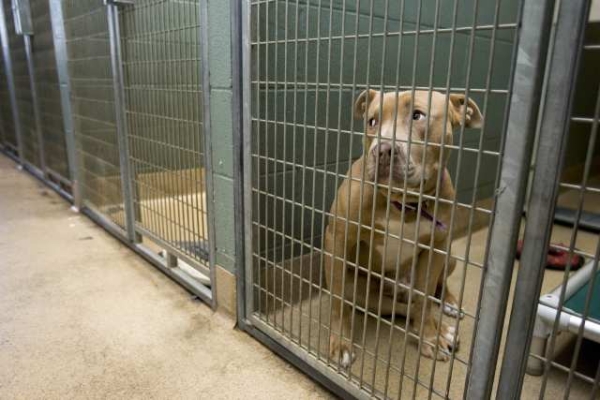
In a victory for free speech — and a victory for anyone who has spoken out on behalf of animals mistreated, abused, and killed in city pounds — the U.S. Court of Appeals for the 5th Circuit has put the final nail on the coffin for public officials who delete comments or ban people for criticizing them or their policies on social media.
It is the third appellate ruling (out of three) to rule that doing so violates the First Amendment (and Federal law: 42 U.S.C. 1983). The first two rulings found that public officials cannot censor comments or block individuals on social media pages for criticizing them or their policies. Specifically, “the First Amendment does not permit a public official who uses a social media account for all manner of official purposes to exclude persons from otherwise-open online dialogue because they expressed views with which the official disagrees.”
The latest ruling, Robinson vs. Hunt County, is the most sweeping of the three, closing a loophole that pounds, cities, and government officials continue to use to hide criticism of their regressive practices, including killing. The Court ruled that government officials cannot delete comments or ban the commenters because in criticizing officials or their policies, the commenter used language those government actors considered insulting, offensive, or inappropriate.
The case stemmed from the policy of a local Sheriff of deleting comments that “degrade or insult police officers.” The Court ruled that doing so is illegal: “Official censorship based on a state actor’s subjective judgment that the content of protected speech is offensive or inappropriate is viewpoint discrimination.” (Robinson v. Hunt Cty., No. 18-10238 (5th Cir. 2019).)
Citizens not only have a First Amendment right to speak out against government policies and government actors with with which they disagree, they have a constitutionally protected right to demand that the government correct the wrongs that are identified, regardless of whether or not that official is offended, insulted, or feels the comment is inappropriate.
As the U.S. Supreme Court has ruled, “speech on public issues occupies the ‘highest rung of the hierarchy of First Amendment values,’ and is entitled to special protection.” Connick v. Myers, 461 U.S. 138, 145 (1983). Indeed, such speech lies “at the heart of the First Amendment’s protection.” First Nat’l Bank of Bos. v. Bellotti, 435 U.S. 765, 776 (1978).
When animal lives are at stake — as they are when animals enter a shelter that has not fully embraced a culture of lifesaving — removing comments critical of policies that favor killing by government shelters is even more egregious given the life and death consequences. Animals have no voice of their own and need others to speak for them. Deleting critical comments and/or banning the commenter effectively silences them.
In 2018, for example, Long Beach, CA, Mayor Robert Garcia illegally violated the civil rights of citizens by hiding comments on his Facebook page critical of his handling of the city pound, which maintained a high rate of killing and paltry number of adoptions. The No Kill Advocacy Center, my organization, was not only the first to bring a free speech case against pound officials, but we assisted Long Beach activists, helping to bring the Mayor’s actions to public attention and forcing Garcia to back down and unhide the comments.
The case, Robinson vs. Hunt County, is available here.
The prior two cases are Davison vs. Randall and Knight First Amendment Institute v. Trump.
A summary of all three cases, Blocked in the Digital Age, is here.
————-
Have a comment? Join the discussion by clicking here.